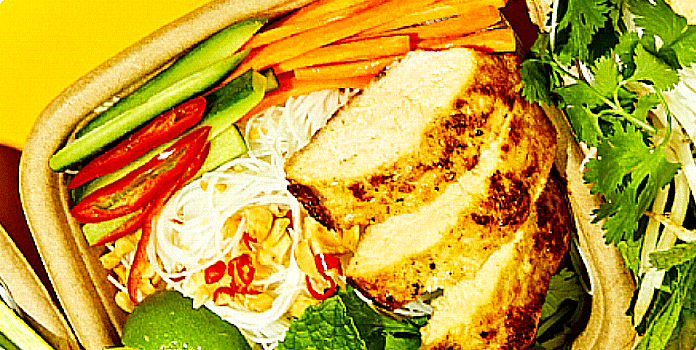(Jacob Bruns, Headline USA) The U.S. Food and Drug Administration has declared lab-grown meat to be suitable for human consumption, at least for the peons who can’t afford real meat once the World Economic Forum completes its Great Reset.
Immediately, the decision means that the Berkeley, California-headquartered UPSIDE Foods will be able to sell its lab-created chicken substitute, the Epoch Times reported.
Investors and advocates include billionaire oligarch and globalist activist Bill Gates.
The lab harvests cells from real meat and grows them in cultures, mixed with “common compounds found in animal feed and human food, including amino acids, fatty acids, sugars, trace elements, salts, and vitamins.”
The fake meat can be molded into any shape. And now the FDA has declared lab-grown meat, poultry, and seafood safe to eat.
“We evaluated the information UPSIDE Foods submitted to the agency and have no further questions at this time about the firm’s safety conclusion,” the FDA wrote in a statement.
“The FDA’s pre-market consultation with the firm included an evaluation of the firm’s production process and the cultured cell material made by the production process, including the establishment of cell lines and cell banks, manufacturing controls, and all components and inputs.”
CEO and founder of the company, Dr. Uma Valeti, said that the decision marks a “watershed moment in the history of food.”
“We started UPSIDE amid a world full of skeptics, and today, we’ve made history again as the first company to receive a ‘No Questions’ letter from the FDA for cultivated meat,” Valeti wrote in a statement.
“This milestone marks a major step towards a new era in meat production, and I’m thrilled that U.S. consumers will soon have the chance to eat delicious meat that’s grown directly from animal cells.”
Some predict that by the end of the decade, fake meat will make up 10% of the world market.
Eshchar Ben-Shitrit, the CEO of Redefine Meat, a company whose “New Meat” steak cuts are produced on 3D printers, said that they are struggling to meet demand.
“We’re scaling up the capacity. Every batch that we make is five times larger than the previous batch. So we’re changing … the machines, the flow and we’re also changing the product attributes.”

